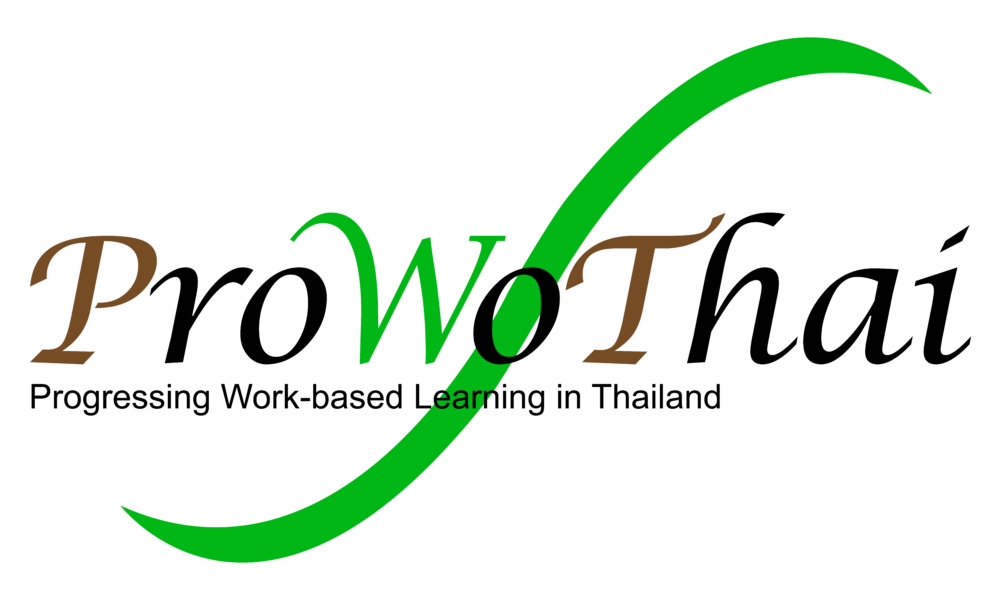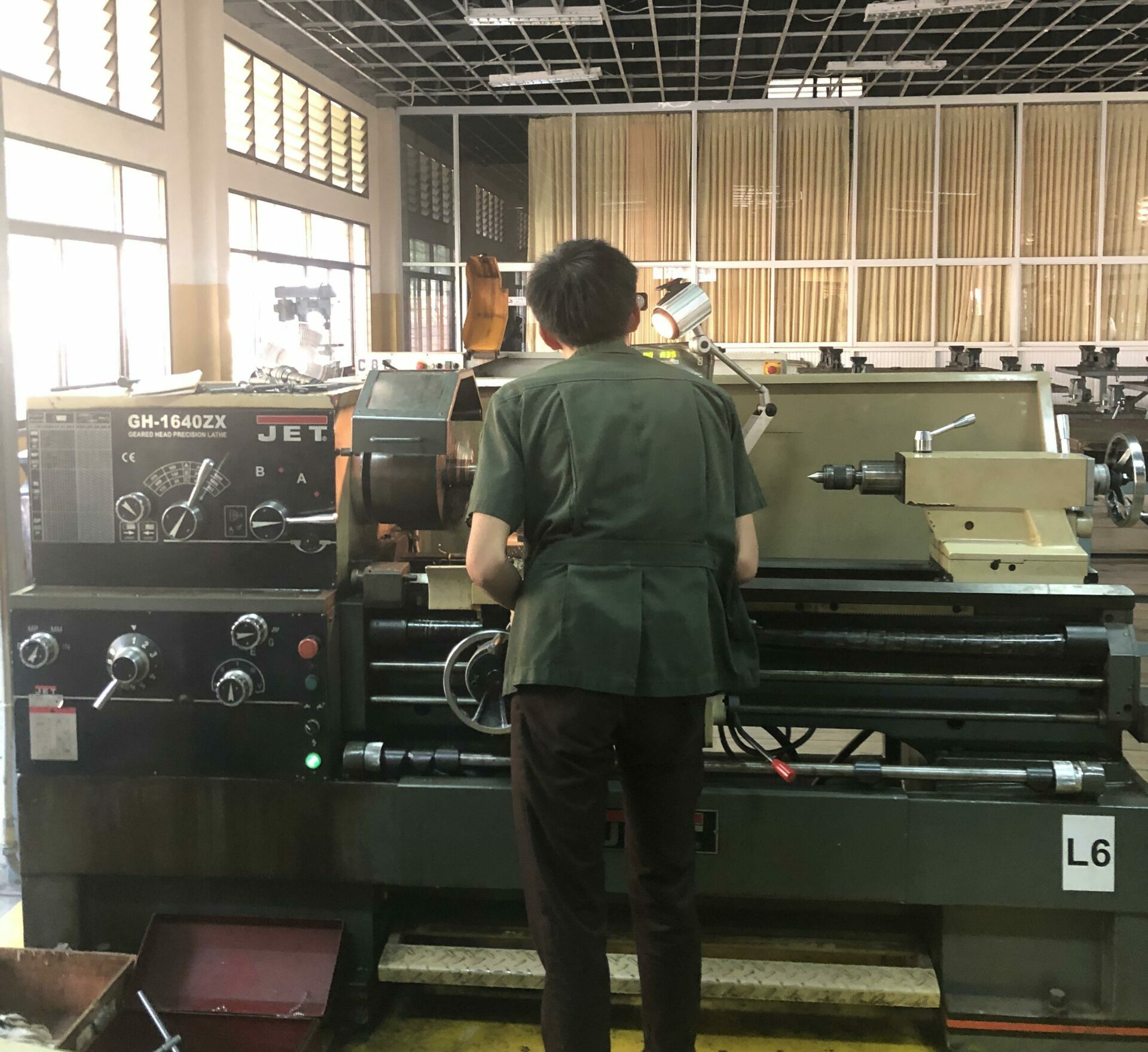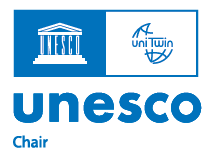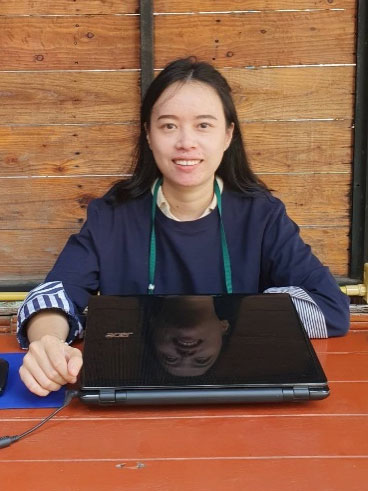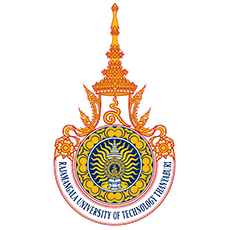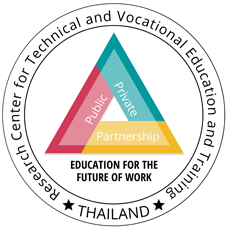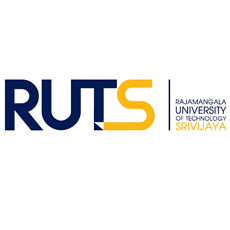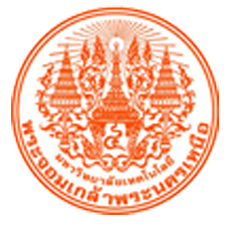Research
ProWoThai promotes reform and
design-oriented action research
Action research aims to innovate, intervene and promote development processes. Project partners from Thailand and Germany are pursuing the goal of developing, testing and sustainably implementing work-integrated and work-oriented forms of vocational education and training at company learning sites and formal learning sites. Action research is understood as a participatory process that unites all project partners on an equal footing in a collaborative development, action and learning process.
Knowledge
ProWoThai promotes knowledge transfer
for Work-based Learning
Structured bodies of knowledge form a basis for shaping practice and development. Most countries worldwide do not have an independent scientific discipline or theory related to vocational education and training. The project aims to transfer and enhance knowledge related to Work-based Learning at the learning venues of companies and vocational schools through further training offers and to apply it in educational projects. Findings from the projects are to be consolidated.
Practice
ProWoThai promotes the practice
of Work-based Learning
The project partners have agreed to lay sustainable foundations for Work-integrated Learning and Work-oriented Learning. First of all, occupational research methods will be used to analyse work processes and tasks that contain learning. The work processes and tasks are didactically enriched and transferred into work-integrated forms of learning such as learning bays, and didactically transformed into learning and work tasks, then tested and evaluated.
Research
ProWoThai promotes reform and
design-oriented action research
Action research aims to innovate, intervene and promote development processes. Project partners from Thailand and Germany are pursuing the goal of developing, testing and sustainably implementing work-integrated and work-oriented forms of vocational education and training at company learning sites and formal learning sites. Action research is understood as a participatory process that unites all project partners on an equal footing in a collaborative development, action and learning process.
Knowledge
ProWoThai promotes knowledge transfer
for Work-based Learning
Structured bodies of knowledge form a basis for shaping practice and development. Most countries worldwide do not have an independent scientific discipline or theory related to vocational education and training. The project aims to transfer and enhance knowledge related to Work-based Learning at the learning venues of companies and vocational schools through further training offers and to apply it in educational projects. Findings from the projects are to be consolidated.
Practice
ProWoThai promotes the practice
of Work-based Learning
The project partners have agreed to lay sustainable foundations for Work-integrated Learning and Work-oriented Learning. First of all, occupational research methods will be used to analyse work processes and tasks that contain learning. The work processes and tasks are didactically enriched and transferred into work-integrated forms of learning such as learning bays, and didactically transformed into learning and work tasks, then tested and evaluated.
Research
ProWoThai promotes reform and
design-oriented action research
Action research aims to innovate, intervene and promote development processes. Project partners from Thailand and Germany are pursuing the goal of developing, testing and sustainably implementing work-integrated and work-oriented forms of vocational education and training at company learning sites and formal learning sites. Action research is understood as a participatory process that unites all project partners on an equal footing in a collaborative development, action and learning process.
Knowledge
ProWoThai promotes knowledge transfer
for Work-based Learning
Structured bodies of knowledge form a basis for shaping practice and development. Most countries worldwide do not have an independent scientific discipline or theory related to vocational education and training. The project aims to transfer and enhance knowledge related to Work-based Learning at the learning venues of companies and vocational schools through further training offers and to apply it in educational projects. Findings from the projects are to be consolidated.
Practice
ProWoThai promotes the practice
of Work-based Learning
The project partners have agreed to lay sustainable foundations for Work-integrated Learning and Work-oriented Learning. First of all, occupational research methods will be used to analyse work processes and tasks that contain learning. The work processes and tasks are didactically enriched and transferred into work-integrated forms of learning such as learning bays, and didactically transformed into learning and work tasks, then tested and evaluated.
What makes WBL special?
Learning in the work process
Experience-based acquisition of competences takes place both at the workplace and through real work tasks. This is promoted by framework conditions conducive to learning, such as problem-solving, scope for decision-making, social support, etc. Digitalisation offers additional potential for the learning content of work processes.
Labour market relevance and attractiveness
The attractiveness of TVET programmes depends on their relevance to the labour market. The inclusion of the company workplace as a place of learning and a task-based learning organisation in the vocational school will contribute to stronger practical relevance as well as to the topicality of educational offers and improved opportunities in the labour market.
Combination of learning venues
Vocational education and training take place at several learning venues with different missions, linked together according to their needs. Modern competence and labour market-oriented vocational education and training combine learning at the workplace (work-integrated) with learning at the vocational school or training centre (work-oriented).
Our Partners
Our Partners
10/2019
Start Date
03/2024
End Date
7
Partner Organisations
4 Years
Project Duration
3 Countries
Thailand, Malaysia, Germany
6
Action Research Projects
Learn more about ProWoThai
About Us
Learn more about the ProWoThai team at TU Dortmund University and about our international project partners.
Publications
Go to published publications, articles, conferences or press releases.
Contact
You have questions or want to know more about the project? Please contact us!
